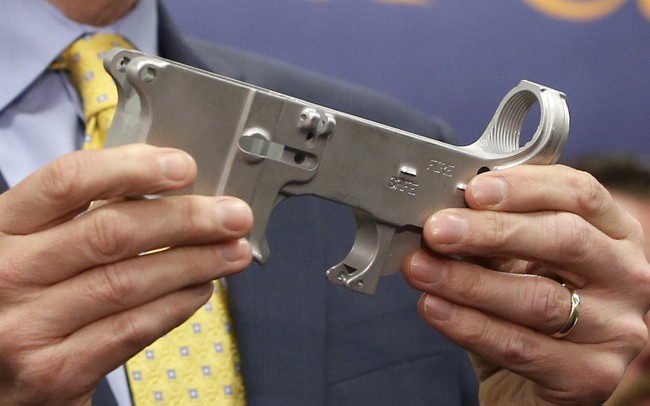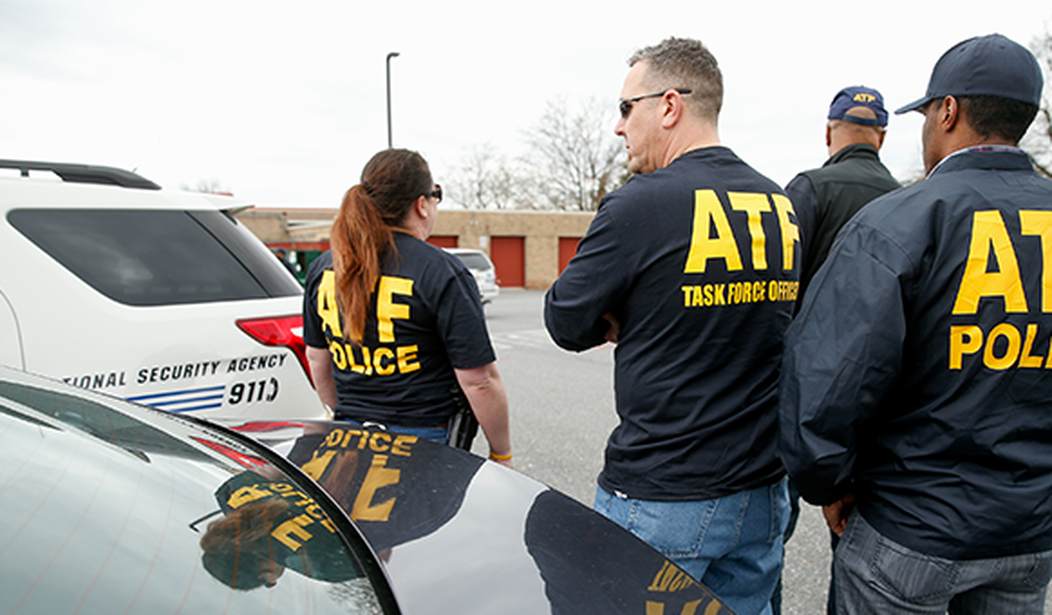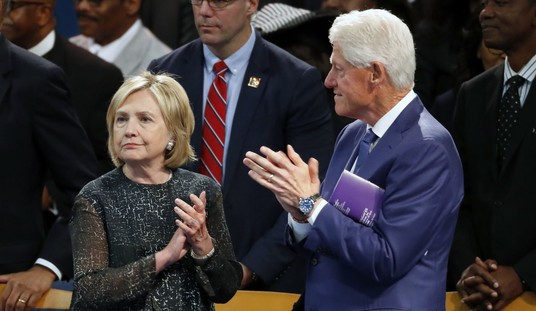In July of 2022, the Supreme Court, in a landmark 6-3 decision, ruled that the EPA overstepped its authority by creating rules and regulations regarding forcing power plants to transition to clean or renewable energy sources. SCOTUS ruled that the EPA, in effect, created rules that carry the same weight as laws passed by Congress, thus violating Article I of the Constitution, which states that all legislative powers shall be granted to Congress only. Thus making Congress the only body that can introduce and pass legislation, not a state or federal agency.
The court says it [the EPA] is protecting lawmakers’ power from agency overreach, she said, but Congress routinely delegates its power to agencies that have substantive expertise in an area. Congress is also deadlocked over climate legislation and has not passed any significant laws on the issue, forcing agencies to rely on existing law.
This case is important because it applies directly to another government agency, one that routinely and consistently creates or proposes new rules and regulations that restrict or eliminate our Second Amendment Rights: the Bureau of Alcohol, Tobacco, Firearms, and Explosives. The ATF was officially established in 1968, with the passage of the Gun Control Act, and its principle and primary function is to enforce the nation's laws that regulate those products. The agency has existed, albeit with different names and parent agencies, since 1886 when it was an organic unit of the Department of the Treasury called the "Revenue Laboratory" within the Treasury Department's Bureau of Internal Revenue. Historically, since the official formation of the ATF, it has often opined to Congress on issues relating to the introduction or drafting of legislation regarding firearms. This is where the ATF transitions from an "enforcement agency" to a lobbying and regulatory agency.
There are a few problems with this, with the obvious one being the ATF continues to thumb its nose at the Supreme Court by continuing to enact its own rules and regulations regarding firearms without any congressional oversight. A perfect example of this would be the most recent rule proposed by the ATF, in cooperation with the Justice Department, when it comes to so-called "ghost guns." The ATF finalized their "Frame and Reciever" rule, which went into effect last August and changed the ATF's definition of what a firearm receiver is, along with requiring background checks and the application for serial numbers on all self-made firearms. The receiver rule essentially made it illegal for somebody to own what are known as "80 Percent lowers" for AR-style firearms without first applying for a serial number and submitting to a background check.

Another famous rule change was done in coordination with former President Donald Trump when he signed an executive order banning the manufacture, sale, and possession of what are known as "bump stocks." With the swipe of a pen, the Executive Branch of the Federal Government, coordinating with the ATF, enacted a rule change that changed the definition of a machine gun to include the classification of the stock as a machine gun. One man and one agency literally enacted a rule that defined a piece of plastic with only one moving part as a machine gun. Not one piece of legislation concerning the stocks or receivers was ever introduced, let alone passed by either the House or Senate. 
However, when it comes to liaising with Congress about gun control laws, they do not come with any sense of neutrality or an unbiased mind. Even worse, they come with a complete lack of knowledge when it comes to tactics and the functionality of some firearms, and with an all-around lack of knowledge when it comes to firearms in general. When the Director of The ATF testified during his confirmation hearings, Steven M. Dettelbach repeatedly displayed his lack of knowledge when it came to firearms when he admitted that not only has he never owned a gun, but he has never been issued a firearm in any professional capacity either. Do all ATF agents who deal with firearms have expertise when it comes to all things firearm-related? I do not know the answer to that, but I could rightly assume that they do not. In a shining example of my theory, a former ATF agent turned policy consulting and analyst attempted to give his "expert" opinion in a lawsuit that is challenging Colorado's "assault weapons" ban. In this document, James E. Yurgealitis attempts to give his voir dire or expert credentials as a witness to testify in support of the law.
The governments' former ATF agent "expert" (who was paid $400/hr) says:
— Firearms Policy Coalition (@gunpolicy) October 21, 2023
1) "Assault weapons" are too complicated to use in self-defense because you may have to use a charging handle, turn off the safety, and load a magazine
2) AR-15s are too heavy and require two hands, which is… https://t.co/pDC4dEJeRP pic.twitter.com/vDCREFERgE
Yurgealitis thinks that an "assault weapon," like the AR 15, is just too complicated to use in a defensive capacity because you have to manipulate the safety and, hold your breath on this one, rack the charging handle to load a round, or Heaven forbid you have to load a magazine. As a hoplophobe would typically say, they are just too heavy, and they need two hands to operate. Not to be outdone, Yurgealitis tries to say that because the 5.56mm round fired by a typical AR-15 platform rifle is more deadly than a typical handgun round, they should not be available to civilians for defensive purposes. I hate to break it to Mr. Yurgealitis, but that is the exact reason why I should be able to own, carry, and use that rifle for defensive uses. And, as you can see, compared to a standard 9mm pistol round fired into ballistics gel, the 5.56mm cartridge used in many modern rifles does cause more damage. Not only do we have the right to own such weapons, we require the capability to own a firearm platform that can deliver the maximum amount of damage possible to a target in order to stop that threat in its tracks. It would be absolute lunacy to argue that I, or anyone else for that matter, should only be able to own and carry weapons that do not cause a lot of damage and have less overall power and effectiveness on a target.

I have passionately defended our right and need to own these weapons. The ability to own and carry these firearms for the preservation of our lives, liberty, and property is without question. However, the ATF and the agents assigned to enforce the firearms component of the agency are in disagreement.
Laws that forbid the carrying of arms ... disarm only those who are neither inclined nor determined to commit crimes. Such laws make things worse for the assaulted and better for the assailants; they serve rather to encourage than prevent homicides, for an unarmed man may be attacked with greater confidence than an armed one.
Jefferson, along with his fellow Founding Fathers, knew that in the spirit of our God-given rights to bear arms and defend ourselves from tyranny, as free people, we needed to be able to own and even carry weapons that were used in war. To reinforce the need to be able to carry a firearm, one needs to look no further than the text of the Second Amendment.
To abolish the ATF would be to secure our God-given rights to self-preservation and individual liberty. Using the aforementioned SCOTUS case regarding the EPA, we must combat the ATF in their blatant and misguided attempts to illegally strip away our rights and eliminate that agency from existence. The agency has no right to exist in the first place, as it is not enumerated in Article One Section Eight of the Constitution. That applies to all of the three-letter agencies of the federal government. It is long overdue to reduce the size of the federal government, and there is no better time than the present to do just that. We, as conservatives, do not want to abolish the federal government. We want to reduce it in size to better reflect the intentions of the Founding Fathers. Let's start by eliminating the ATF.















Join the conversation as a VIP Member